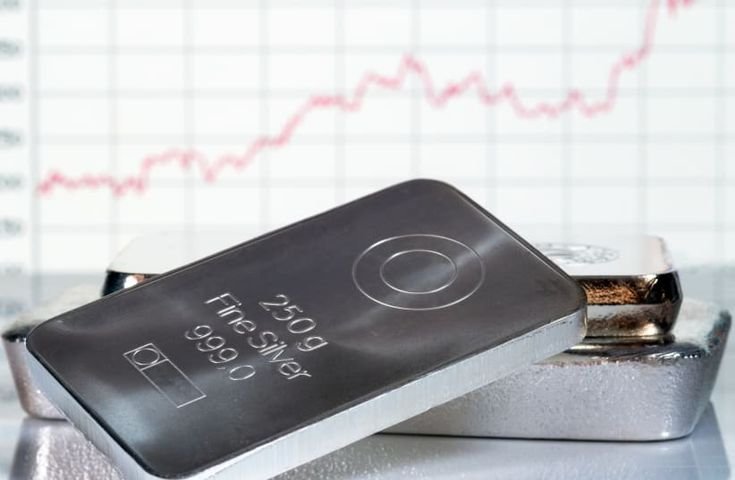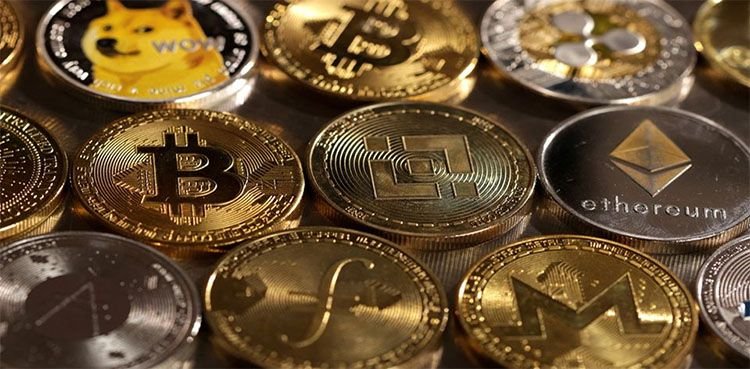Telcoin Bank: The First Regulated Crypto Bank in the U.S.
Telcoin, a pioneer in blockchain-based financial services, has received conditional approval from the Nebraska Department of Banking and Finance to become the state’s first Digital Asset Depository Institution. This approval marks a significant step in Telcoin Bank’s journey to becoming the first fully regulated crypto bank in the United States. With this development, Telcoin is set to bridge traditional finance with blockchain technology, offering innovative banking products that integrate cryptocurrencies with conventional financial services.
A New Era in Digital Banking
Telcoin Bank is poised to disrupt the US$200 billion stablecoin market by launching fully regulated, bank-issued Digital Cash stablecoins. These stablecoins will facilitate seamless transactions between consumers and merchants, driving mainstream adoption of digital assets. The approval also positions Telcoin Bank to introduce an array of blockchain banking products, accelerating the integration of crypto into mainstream financial systems.
Paul Neuner, Founder and CEO of Telcoin, emphasized the importance of a regulated digital asset bank, stating:
“I’ve always believed that the key to making crypto usable in payments and mainstream finance is a digital asset bank with native connections to the existing financial system.”
While previous digital bank charters were granted by Wyoming and the Office of the Comptroller of the Currency (OCC), they faced challenges in gaining access to the Federal Reserve payment system. However, the Nebraska charter provides a unique framework that explicitly authorizes connections between consumers and decentralized finance (DeFi) solutions.
The Launch of eUSD Stablecoin
Telcoin Bank is set to launch its operations with the release of eUSD, the first bank-issued stablecoin. This stablecoin will serve as the foundation for Telcoin’s multi-currency Digital Cash strategy. Neuner explained:
“We are creating the Internet of Money, where digital asset banks globally issue free-floating Digital Cash that can be transacted directly between consumers and merchants.”
This initiative aims to make digital financial services more accessible and efficient, particularly for mobile phone users worldwide. Through Telcoin’s ecosystem, users will be able to engage in a variety of financial transactions, including:
- Sending and receiving Digital Cash stablecoins
- Conducting merchant transactions with stablecoins
- Accessing crypto-based banking services
Expanding Financial Innovation
The establishment of Telcoin Bank aligns with the Nebraska Financial Innovation Act, a landmark legislation passed in 2021 that Telcoin played a role in drafting. With this legal foundation, Telcoin Bank will eventually be authorized to:
- Accept cryptocurrency deposits
- Facilitate DeFi staking programs
- Offer digital asset loans
- Develop additional blockchain-based financial services
This expansion will be complemented by enhancements to the Telcoin Wallet application, offering users an intuitive mobile interface to access Digital Cash and various financial products.
Telcoin’s Global Presence
Telcoin Group, headquartered in Singapore, operates under a global regulatory framework:
- Licensed as a Major Payment Institution in Singapore
- Registered as a European Virtual Asset Service Provider in Lithuania
- Recognized as a Money Services Business in the United States, Canada, and Australia
- First blockchain company to join the GSMA, the world’s largest telecom industry organization, in 2018
These international credentials reinforce Telcoin’s commitment to regulatory compliance and financial innovation on a global scale.
Conclusion
The approval of Telcoin Bank as Nebraska’s first Digital Asset Depository Institution marks a pivotal moment in U.S. financial history. With plans to launch eUSD stablecoins and a comprehensive suite of blockchain banking products, Telcoin is setting the stage for mainstream crypto adoption. By integrating digital assets with traditional financial services, Telcoin Bank is poised to revolutionize the way consumers and businesses interact with money, paving the way for a new era in blockchain finance.




